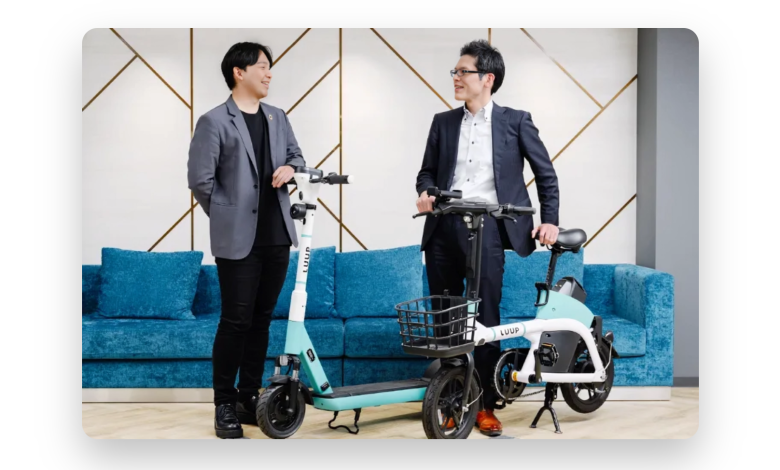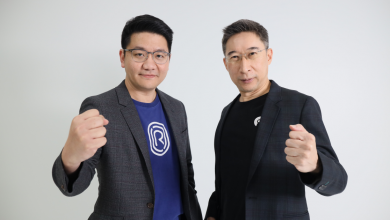Japan’s Luup partners with Seibu, Tokyu for capital and business alliance

Blue Incubation, a consolidated subsidiary of Seibu Group, and conglomerate Tokyu announced that they have formed a capital and business alliance with Japanese e-scooter operator Luup.
In order to construct the next generation of mobility infrastructure and encourage urban development that raises the value of the rail lines even more, Luup announced in a statement that Tokyu and the Japanese venture capital firm Blue Incubation had made an equity investment in the company.
It is observed that by improving the convenience of rail lines and fostering mobility, Seibu Group and Tokyu—two of Japan’s top suppliers of transportation infrastructure—are both encouraging the growth of more livable communities.
By enhancing the railway transportation infrastructure, the partnership with Luup seeks to increase the value of areas along rail lines.
As part of their collaboration, the three parties will increase the number of LUUP stations installed at Seibu Group locations as well as along the Seibu rail lines, thereby improving convenient and adaptable mobility even more.
In regions connected to the Seibu Group, they will also launch “LUUP for Community,” a service that enables local communities, including towns, businesses, and organizations, to use Luup.
This will support the community’s revitalization and provide locals and visitors with transportation options.
Furthermore, they will aggressively promote fresh Luup mobility alternatives.
The two businesses will work together to develop models that will allow community owners to operate in an appealing and sustainable manner, as well as to create convenient services in a variety of forms.
The three will work together to develop an installation plan for LUUP stations along the Tokyu rail lines by examining the transportation data of both businesses.
To improve customer convenience, they will place LUUP stations at transportation hubs near Tokyu facilities and along the Tokyu rail lines.
They will encourage reciprocal efficiency in operations, including LUUP operations, by skillfully employing the resources of both businesses.
Additionally, they will increase the value of the areas along the Tokyu rail lines by encouraging community development and multifunctionalizing LUUP stations (e.g., by equipping them with functions for disaster prevention).
Using electric, small, single-passenger micromobility, Luup provides a last-mile transportation infrastructure known as “LUUP,” with the goal of “creating an infrastructure that turns the entire city into a’station front.'”
In the shared cycle and e-scooter market in Japan, LUUP has the most stations and is currently operating in ten areas: Tokyo, Osaka, Yokohama, Kyoto, Utsunomiya, Kobe, Nagoya, Hiroshima, Sendai, and Fukuoka.
The three want to manage a variety of mobility services in the future and build cities where everyone is free to move around.





